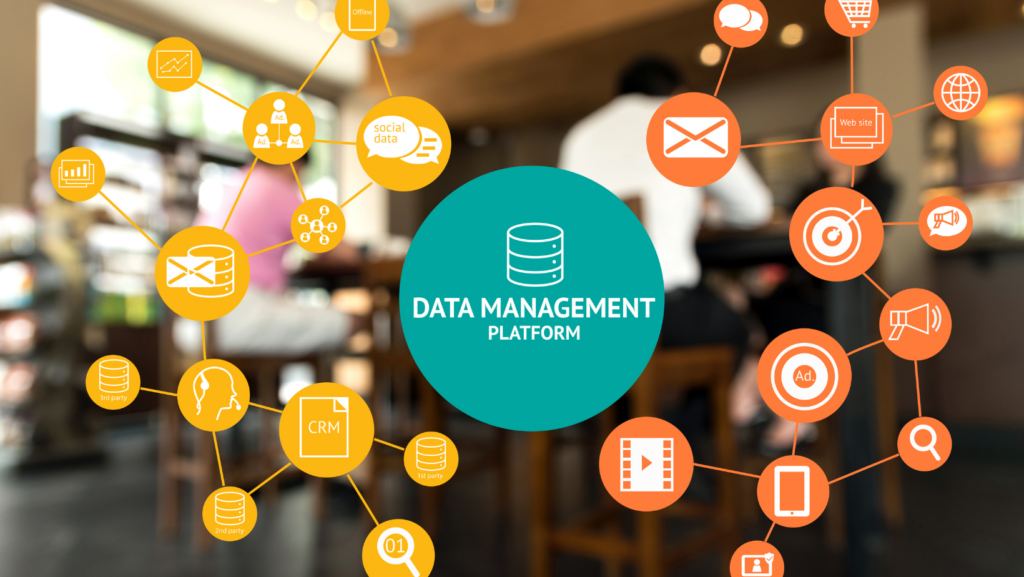In the digital age, data isn’t just a buzzword—it’s the lifeblood of businesses, driving key decisions and strategies. At the heart of it all, data platforms play an instrumental role. They’re the unsung heroes, seamlessly orchestrating the flow of information and turning raw data into valuable insights.
But what exactly is a data platform? How does it work, and more importantly, how can it transform your business? This article will delve into the world of data platforms, shedding light on its importance in today’s data-driven landscape. Whether you’re a seasoned data analyst or a business leader looking to leverage data, there’s something for everyone to learn. So, buckle up and get ready to dive deep into the fascinating world of data platforms.
Data Platforms

Data platforms exert substantial influence in the modern business domain. These potent tools carry pivotal roles, impacting everything from business strategies to analytical advancements.
In the business sphere, data platforms serve as the key driving force. They streamline data handling, transaction processing, and data integration. Data platforms aid in reaping actionable insights from extensive and complex data sets. Companies harness these platforms to delve deeper into customer preferences, market trends, and competitor strategies.
Comparing Top Data Platforms
Drilling down into the finer details, we compare three leading data platforms: Google Cloud Platform (GCP), Amazon Web Services (AWS), and Microsoft Azure.
Google Cloud Platform (GCP)
Google Cloud Platform (GCP) equips businesses with robust data solutions. Offering an array of services, such as BigQuery for large scale data warehousing, PubSub for real-time messaging, or Dataflow for stream and batch processing, GCP stands out. GCP’s data loss prevention features guarantee the safety of sensitive data. Companies like Spotify and HSBC have leveraged GCP’s capabilities to optimize their data operations.
Amazon Web Services (AWS)
Amazon Web Services (AWS) provides a diverse set of data services. Redshift, it’s data warehousing service, Kinesis for real-time data streaming, and S3 for storage and retrieval of any amount of data, are key services offered. AWS’ scalability has attracted companies like Netflix and Intuit, allowing them to smoothly manage voluminous data. Known for its durability, AWS ensures data is protected and easily accessible.
Microsoft Azure
Microsoft Azure offers comprehensive data solutions through services like Azure Data Lake for unstructured and semi-structured data, Stream Analytics for real-time analytics, and Synapse Analytics for big data analytics. Azure’s emphasis on security, with services like Azure Purview for data governance, appeals to businesses dealing with sensitive data. A favourite among many, including BMW and ASOS, Azure’s strong analytics capabilities present a competitive edge.
Pitfalls to Avoid When Choosing a Data Platform

Selecting a data platform doesn’t come without challenges. It’s important to navigate some common mistakes to ensure the best fit for an organization.
Many organizations fall into the pitfall of not tailoring their data platform choice to their specific business needs. Companies vary in their size, the amount of data they generate, and the kind of analytics they perform. For instance, a multinational corporation might produce 100TB of data daily and need deep learning capabilities.
Another common oversight is not considering potential integration problems. A data platform must coalesce with existing systems, software, and data sources. If not, this can result in issues, including data silos, user resistance, and inflated costs.
Turning Raw Data Into Valuable Insights

The digital era’s landscape is changing rapidly and data platforms are at the helm of this transformation. From giants like Amazon and Twitter to innovative companies like Spotify, Netflix, and BMW, they’re all leveraging these platforms to gain a competitive edge. The future holds even more promise with advancements in AI and machine learning set to revolutionize the way these platforms operate. Enhanced interoperability, scalability, and real-time analytics capabilities are just around the corner. The integration of AI and machine learning is not just a possibility, it’s an inevitable progression that will redefine data management and decision-making. As we move forward, it’s clear that data platforms will continue to play a pivotal role in shaping the digital landscape.



